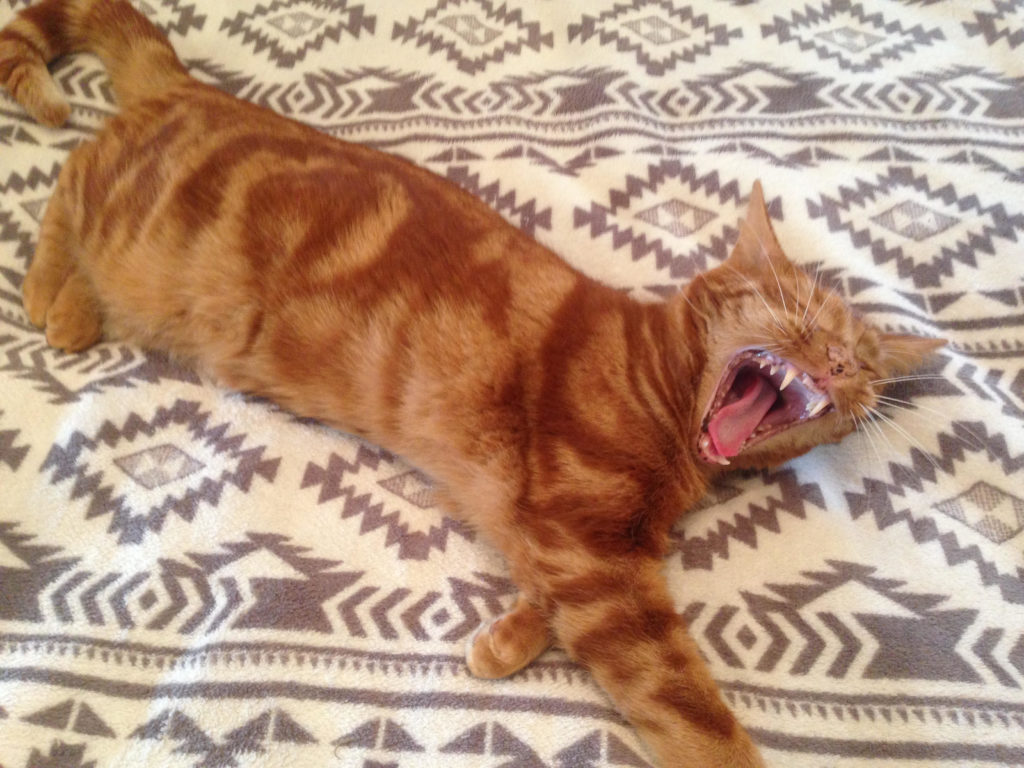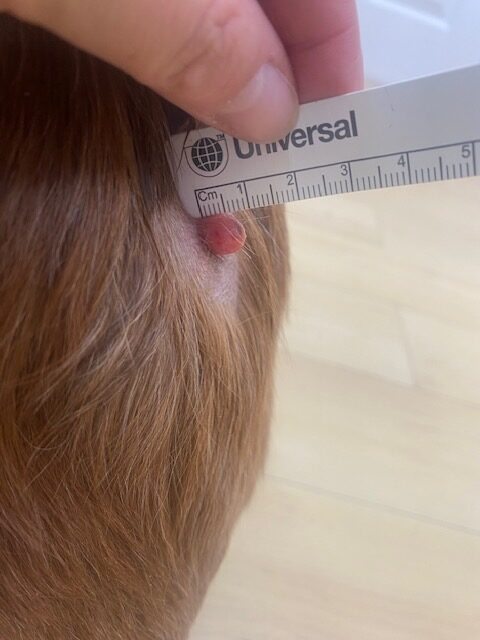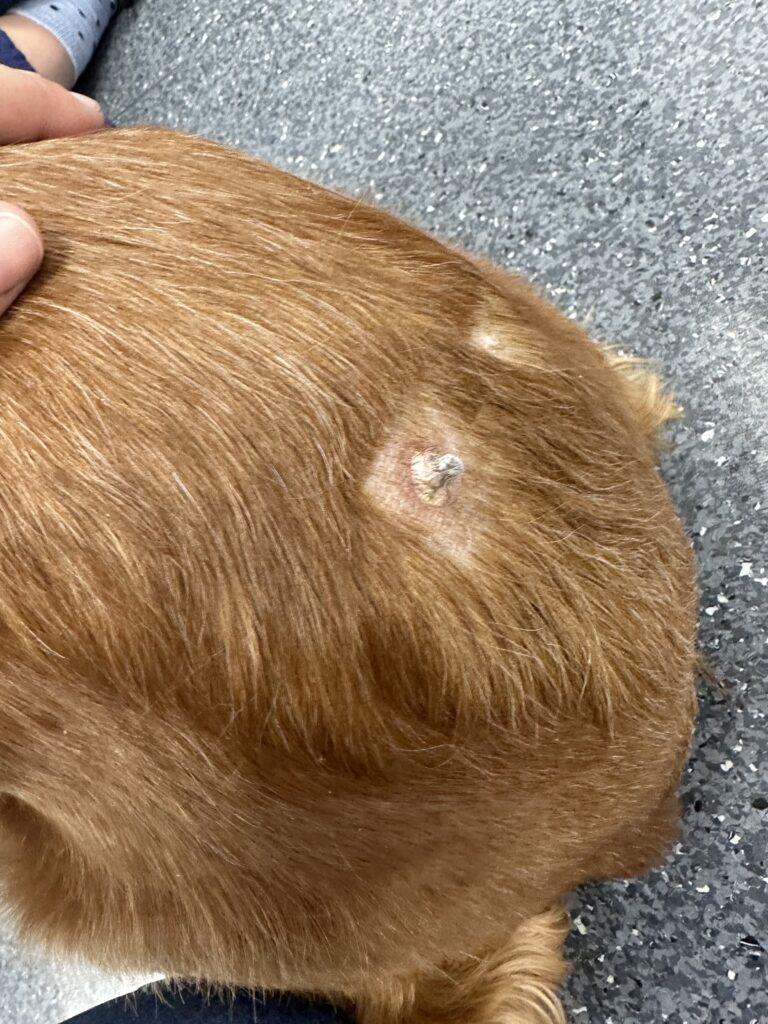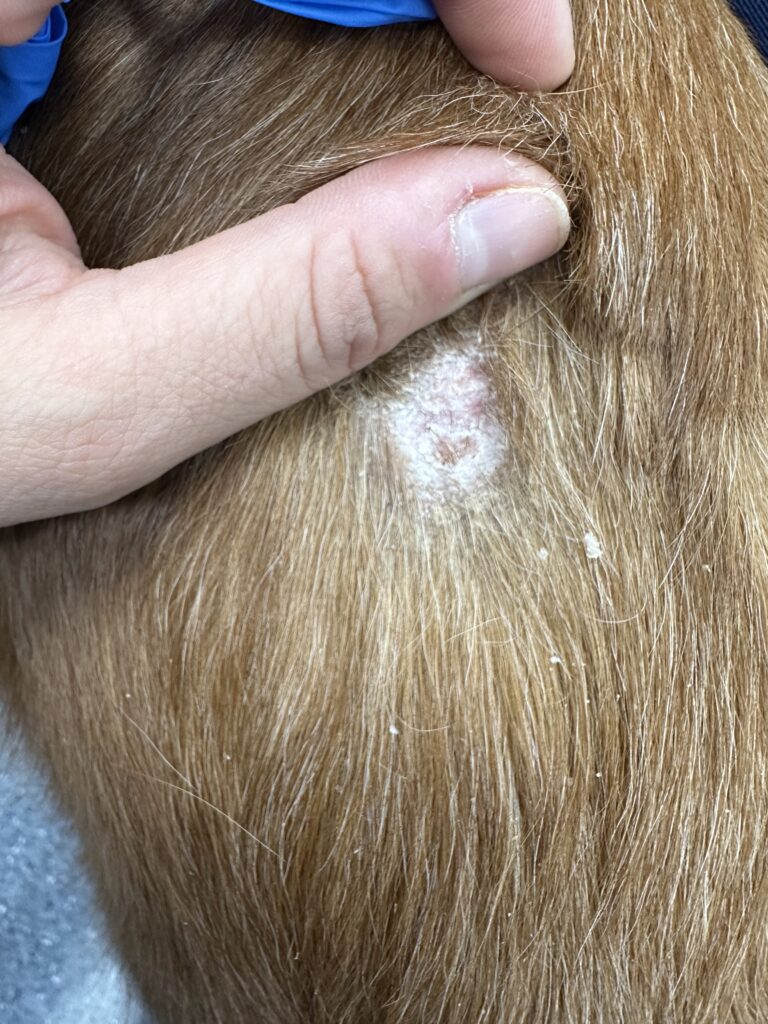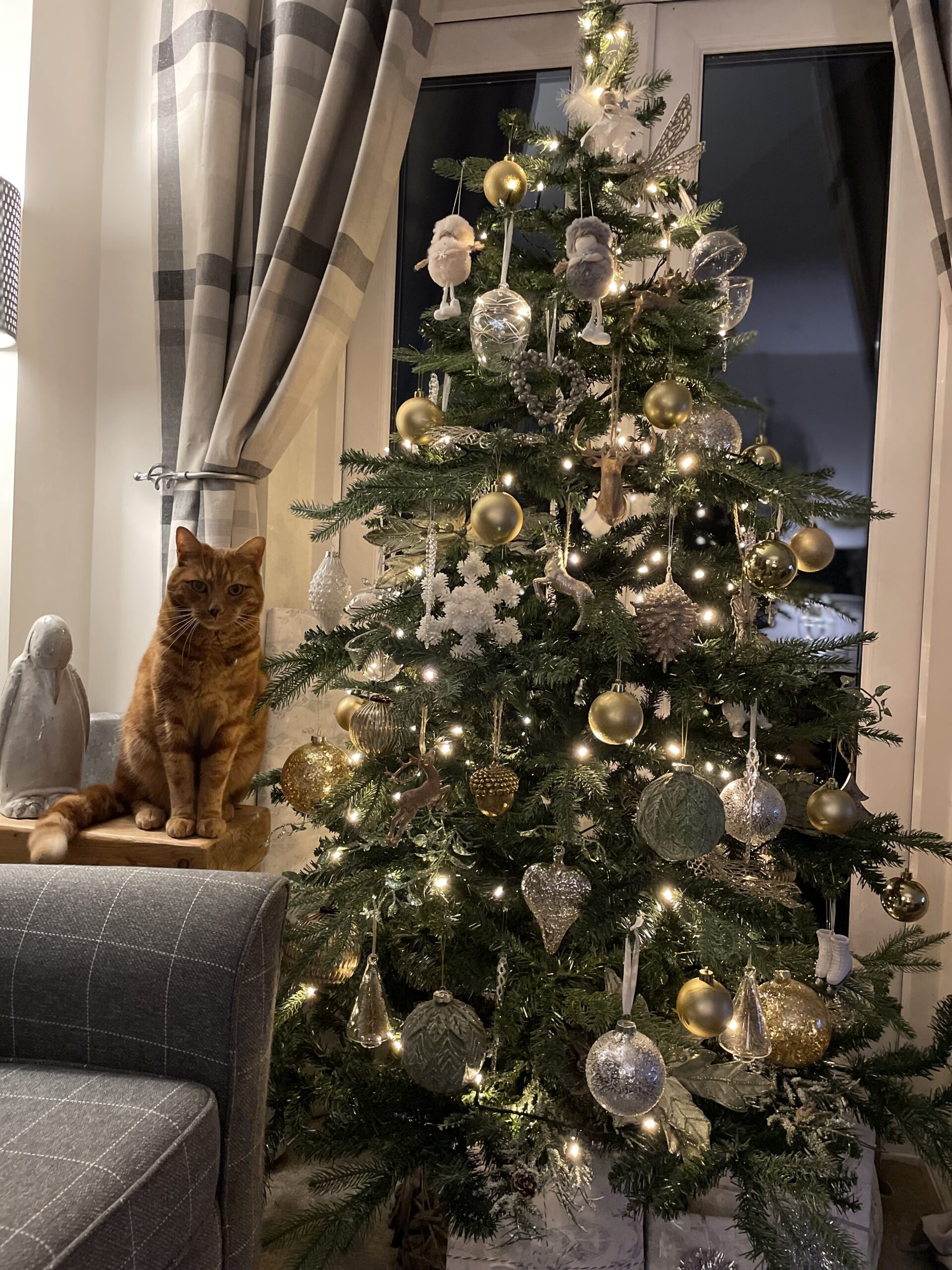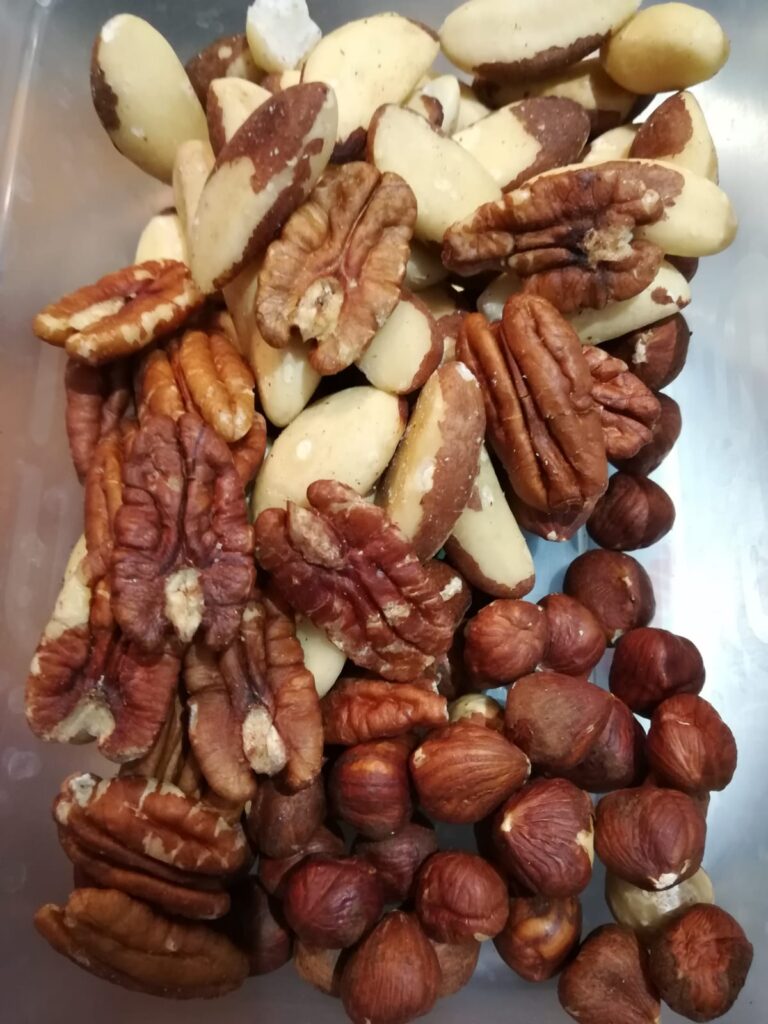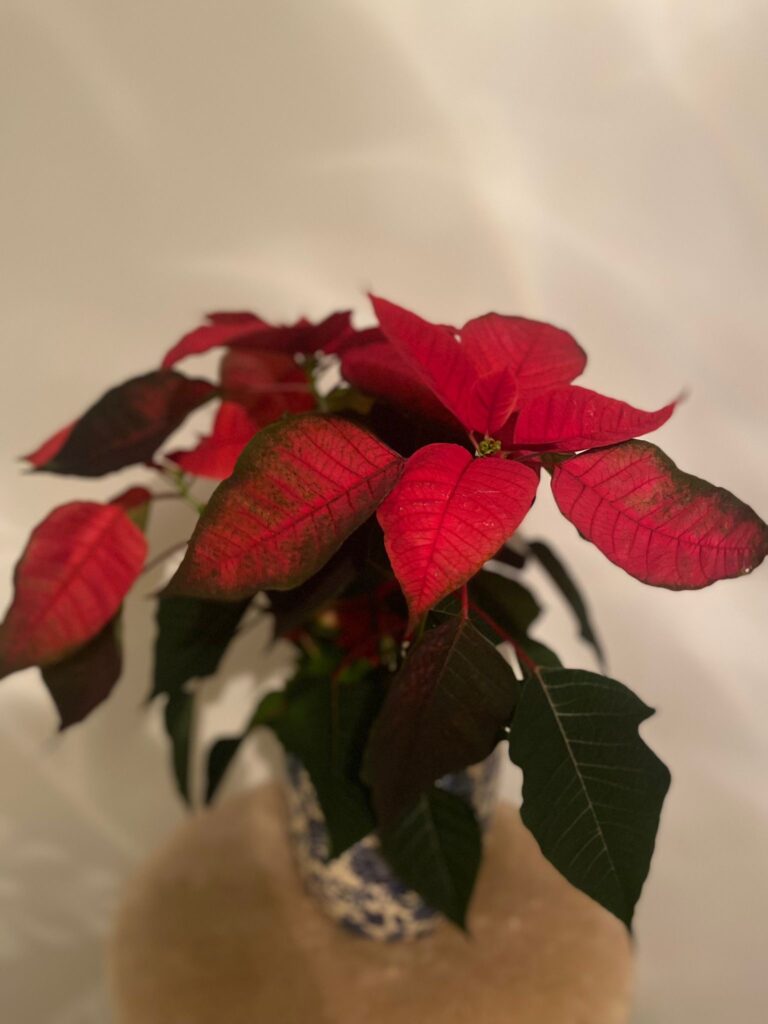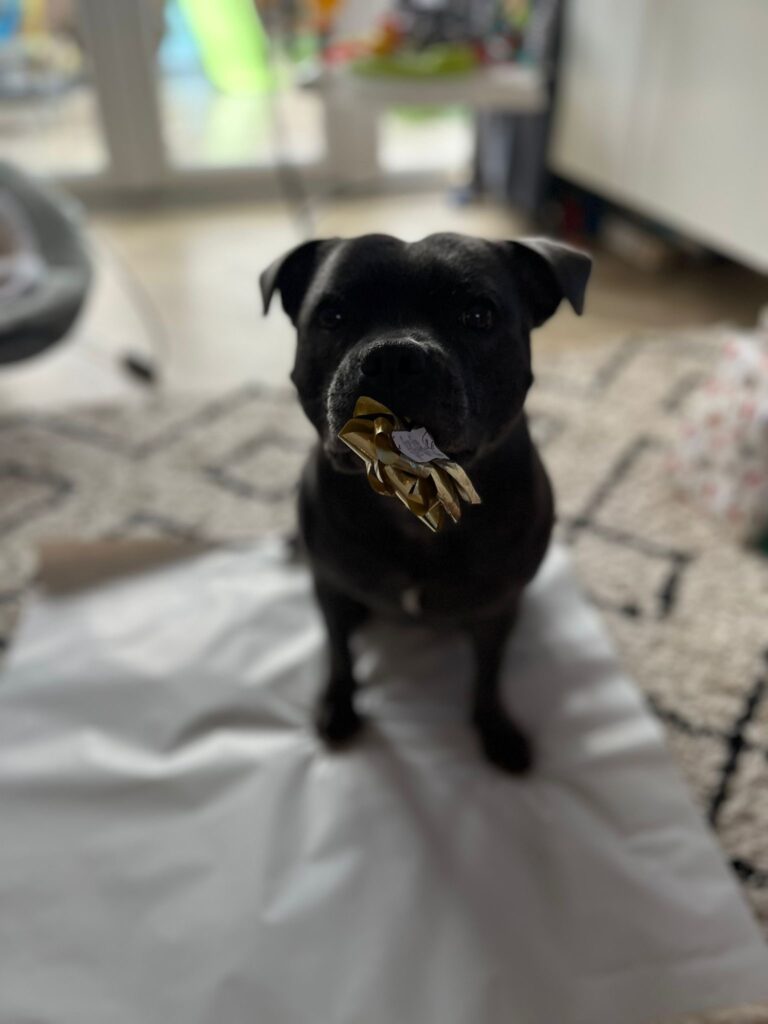The holiday season is an exciting time, filled with festive foods, gifts, and decorations. While many pet owners are aware of the common toxins, the abundance of new items during this busy period increases the risk of exposure to substances that can be highly toxic to pets. With so many tempting objects around, it’s easy for curious animals to investigate, potentially putting themselves at risk.
Food & Drink
Chocolate: dogs are often the culprits when it comes to sneaking Christmas chocolate. Chocolate contains theobromine, a compound related to caffeine, which is highly toxic to pets. The toxicity increases with the cocoa content, meaning dark chocolate is more dangerous than milk chocolate. Symptoms of chocolate ingestion in dogs include vomiting, diarrhoea, restlessness, and wobbliness.
Sugar-free Products (e.g., Peanut Butter, Candy Canes, Chewing Gum):these items often contain xylitol (E967), a sweetener that is highly toxic to pets. Ingesting
xylitol can cause a rapid drop in blood sugar, leading to weakness, collapse, and potentially seizures. It can also result in liver failure.
Dried Fruits (Raisins, Sultanas, Currants): commonly found in Christmas cakes and mince pies, these fruits are highly toxic to pets. There is no safe threshold—any amount ingested can be toxic and lead to fatal kidney failure. Symptoms to watch for include vomiting and lethargy.
Leftovers Containing Onions or Garlic: ingestion of a single large quantity or repeated small amounts of this substance, whether raw or cooked, is toxic, with cats being particularly susceptible. It can cause damage to their red blood cells leading to anaemia. Clinical signs may begin within 1-2 days but are often delayed for up to 7 days. Symptoms to watch for include vomiting, diarrhoea, drooling, and abdominal pain.
Macadamia Nuts: macadamia nuts can cause lethargy, tremors, and stiffness in pets. While other types of nuts are generally low in toxicity, they can still pose a choking hazard and may cause gastrointestinal upset.
Mouldy Food: even when the Christmas period comes to an end, it is important to ensure it is securely thrown away as mouldy food contains mycotoxins. Clinical signs include restlessness, hyperthermia and even seizures.
Alcohol: never leave alcohol unattended, as pets may ingest it. Even small amounts can cause symptoms like those seen in humans when intoxicated, such as wobbliness, drowsiness, and, in severe cases, seizures.
Gifts & Decorations
Toxic Plants (Poinsettias, Holly, Mistletoe, Ivy, and Potpourri): while these plants are popular during the holidays, they can cause gastrointestinal upset
and discomfort in pets. Symptoms may last several days, so it’s important to keep them out of reach.
Decorations: when decorating your Christmas tree, be cautious of potential hazards. Pets may be drawn to shiny lights, tinsel, and baubles. If chewed or ingested, these decorations can cause cuts, blockages, or even electrocution.
Freshness Sachets or Silica Gel: many dried food items, including dog treats and jerky, as well as certain gifts, contain freshness packets that absorb moisture or oxygen. Silica gel packets are generally non-toxic but can cause gastrointestinal upset if ingested. However, iron oxygen absorbers are highly toxic and corrosive to the gastrointestinal tract and can lead to liver failure. Symptoms of poisoning include vomiting and abdominal pain.
Batteries: remember to keep batteries for Christmas toys and gadgets out of reach of your pets. Pets may be tempted to chew or swallow them, potentially causing significant damage to the mouth or gastrointestinal tract.
If you’re concerned that your pet has ingested something dangerous, please do not hesitate to contact us on 01606 880890 or 01606 717969.

